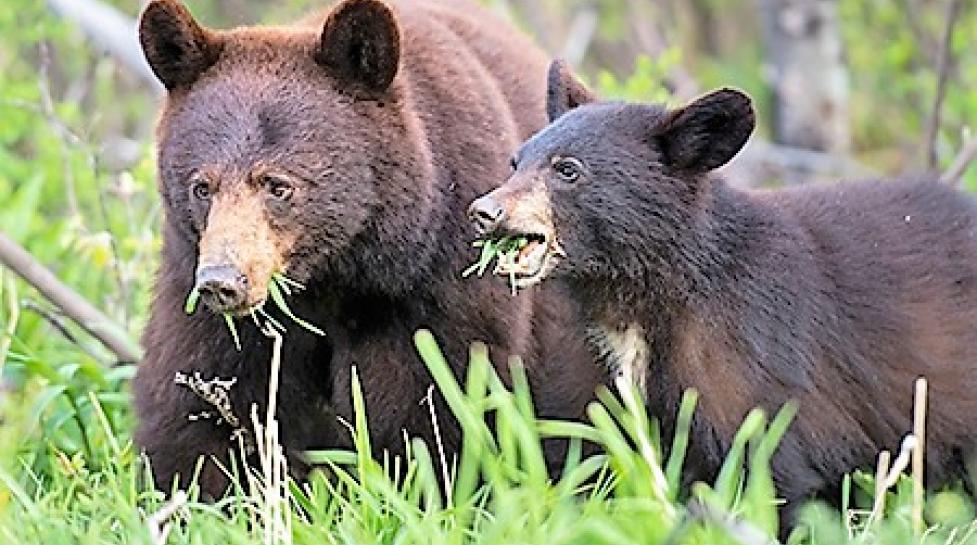Most people have faced something similar to this experience at one time or another: We discover a squirrel nesting in our attic or a fox denning beneath our porch. Well-meaning, but harried homeowners often resort to what they see as the most humane solution – live trapping the animal and then setting it free elsewhere. But the sad truth is that this rarely ends well for the animal.
Orphaned babies may be left behind, and the odds are heavily stacked against any animal that gets released in an unfamiliar natural area. A 2004 study found that 97 percent of relocated squirrels either soon died or disappeared. If you simply block an animal’s access, you can unwittingly cause newborns to die of starvation. And killing a healthy wild animal is senseless when humane alternatives are available. Baby animals often heighten our sense of responsibility even more. Each year, across the country, compassionate people scoop up animals that are not orphaned or injured and rush them to the local shelter or wildlife rehabber to be “saved.” But was that the best way to help?
Now, a new program in Boulder is helping all of us understand these issues – and find solutions for addressing these challenges. Boulder is one of five communities in the nation selected as a pilot “Wild Neighbors city” by the national animal protection organization, The Humane Society of the United States. The HSUS has 30 years of experience in developing and using humane methods to deal with unwanted interactions between wildlife and people. Last year the HSUS provided training and resources to more than 1,200 communities about how to coexist with a variety of wild neighbors that include coyotes, geese, beavers, raccoons and deer.
So, what does this designation mean for Boulder? First off, it’s recognition that our community has a proven track record of addressing the public’s wildlife problems humanely. The Wild Neighbors program is built on the premise that wild animals belong and have a right to live in our community. Just like our pets, our wild neighbors deserve respect and basic protection from unnecessary killing, cruelty and suffering.
As a Wild Neighbors community, we’ll be partnering with the HSUS to increase training for animal care and control staff; we’ll hold events to help educate people in our community; and we’ll have access to the latest research on proven techniques for handling conflicts between people and wildlife.
Based on the knowledge gleaned from working with Boulder and the four other pilot communities (Arlington, Va.; Austin, Texas; San Diego, Calif.; and Washington, D.C.), the HSUS will develop a toolkit that models ways for communities across the U.S. to handle human-wildlife conflicts humanely and effectively.
If you would like to get involved or find out more about this effort, please contact HSUS at wildneighbors@humanesociety.org or Boulder Police Animal Control at 303-441-1874.
This story originally appeared in the February/March 2017 issue of the city's Community Newsletter.
